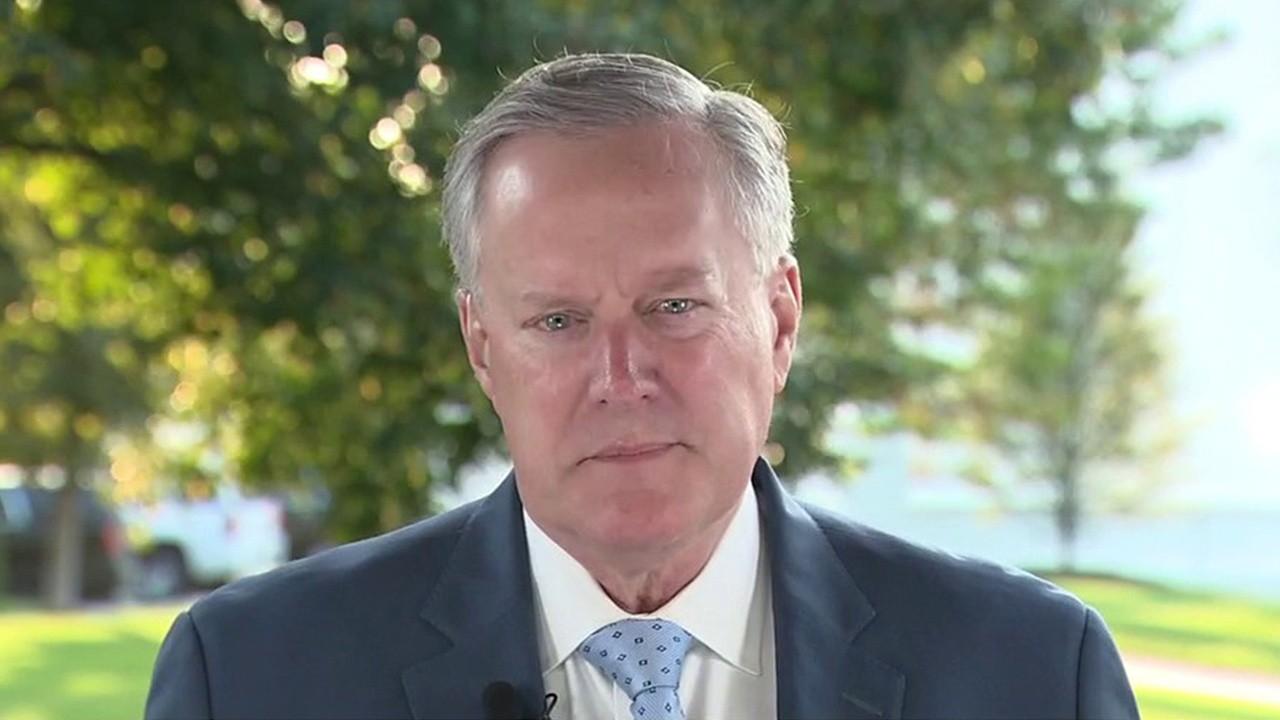New coronavirus relief bill: How it differs from the HEALS Act
The latest bill also does not include provisions for another round of stimulus checks
Senate Majority Leader Mitch McConnell unveiled an updated version of a potential coronavirus relief bill on Tuesday, which differs in some key ways from the HEALS Act, as lawmakers struggle to find agreeable terms to provide financial support to American households.
One of the key ways the latest bill differs from what Republicans released in July is that it would cost even less.
McConnell, R-Ky., said the bill was “multi-hundred billion dollar[s]” in value on the Senate floor on Tuesday, while he noted it was “targeted” and focused on “several of the most urgent” issues, including support for the unemployed, schools and small businesses.
“[It] does not even contain everything that Republicans ourselves think would help in the short-term,” McConnell said.
GOP HEALS ACT: WHAT’S INSIDE THE NEXT STIMULUS PROPOSAL
The HEALS Act was valued around $1 trillion, while it is estimated the latest proposal is closer to $300 billion.
Price has been a sticking point among the White House, Republicans and Democrats. President Trump recently agreed to sign a bill valued at $1.3 trillion, though Democratic leadership had proposed legislation closer to $2.2 trillion.
At the time, White House chief of staff Mark Meadows and Treasury Secretary Steven Mnuchin said Democrats were unwilling to negotiate on their state and local funding terms and unemployment.
The latest bill also does not include provisions for another round of stimulus checks, which appeared to be a provision that both parties had agreed on. The HEALS Act had called for another round of $1,200 checks, with similar criteria to those issued under the CARES Act.
GET FOX BUSINESS ON THE GO BY CLICKING HERE
Further, in terms of unemployment, the latest proposal aims to replace the CARES Act’s $600 per week expansion with $300 per week. That is a bit different from what was proposed in the HEALS Act, which required states to create a plan to provide each unemployed worker with wage replacement equal to 70 percent of their previous pay.
McConnell is looking to push a vote on the latest bill as early as this week, but Democrats have already indicated they do not support the measure.
House Speaker Nancy Pelosi, D-Calif., and Senate Minority Leader Chuck Schumer, D-N.Y., referred to the proposal as “emaciated.”




















